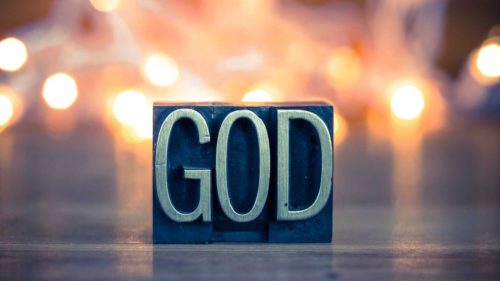Questions of God and science stir up conversation on campus

By: Saloma Ayoub
Staff Writer
Does God exist?
“Exploring God at HVCC” allowed students and faculty to discuss the origin of life based on scientific and religious evidence on Monday, Feb. 25.
Jeffrey Schoonmaker, physics professor and adviser for the Student Christian Association, coordinated the discussion.
“It occurred to me that people don’t really talk to each other openly anymore,” Schoonmaker said. “People yell [when they] disagree with each other,” he said. “I thought, would it not be great to speak openly about these things without antagonism? It is a college campus, let’s get together and talk.”
The conversations centered on the origin of life and compared how science and organized religion breakdown this dense topic. To assure that everyone had the same background knowledge, informational pamphlets were provided for attendees.
According to Schoonmaker, blindly believing what your parents or peers tell you becomes insufficient when students arrive at college. “The real seeker has to look at what evidence is there,” he said.
The group discussion explored the Big Bang, fine-tuning of the universe, irreducible complexity and intelligent design.
The big bang states that about 14 billion years ago, time, space, and matter suddenly came into existence. Basic laws of physics state that new energy can’t be created, therefore the universe could not have produced itself, Schoonmaker explained.
Science attempts to answer how the world originated to better understand where it is headed and where we are amidst its timeline. Measuring the electromagnetic waves of leftover radiation from the big bang era allows scientists to explain the universe more accurately.
“We’re [speculating] and working backwards [to understand how life began],” Aleuhamza Hossein, a biological sciences major, said.
The evidence Schoonmaker presented caused some students to question their original beliefs. He stressed that a belief system can’t be guided by what the believer wants to be true.
Daniel Bassallo, an individual studies student, agreed with this thought. “[God asks] to not let desire guide motive,” he said. “[Science], in the same way, asks that you let go of your own personal desires and give your focus to what evidence there is.
Students agreed that being objective is more challenging when questioning the validity of science versus God. “[Science and God ask] what matters beyond yourself,” Bassallo said. “Are we pursuing self-motive?”
Fine tuning took center stage in the discussion. Fine tuning states that a series of 143 constants computed by cosmologists govern the precise state the universe needs to be at for life to exist. The tolerance is as tight as 34 decimal places.
Jacob Waite, manufacturing major, paralleled the specificity of fine tuning to what he learned in one of his classes.
“I’m taking a class in programming where we have tolerance measures,” Waite said. “My professor says you get the engineering print [and] it shows you how precise to be,” he explained. “If you’re out by barely that little, however, just throw it all out.”
Like Waite’s example, if one of the 143 constants were wrong, the universe would be dead.
Making connections and having open discussions sparks critical thinking in students, allowing them to apply their education outside the means of surviving an exam. Discussions are a part of any educational experience.
The event was a continuation of the three-week long conversation that ran from Feb.18 to March 4.
